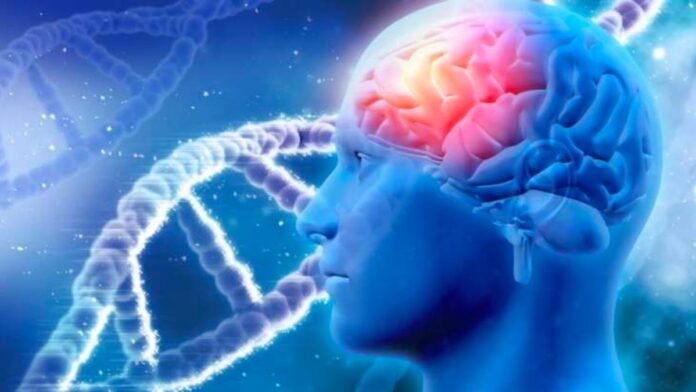World Meningitis Day is commemorated on October 5th to raise awareness, support, and educate about symptoms, causes, and treatments. A person of any age can get meningitis, a life-threatening infection.
Meningitis is brain and spinal cord membrane inflammation. It can be bacterial or viral, but bacteria cause most cases. Although viral meningitis is less severe than bacterial, both can be fatal if untreated.
Meningitis symptoms vary by type and age. Adults experience a persistent headache, stiff neck, fever, nausea and vomiting, disorientation or difficulty concentrating, light sensitivity, and weariness. Fever, vomiting, irritability, poor feeding or drinking, unusual tears, a vacant gaze, neck or body spasms, convulsions, or seizures might affect babies and young children.
Most bacterial meningitis is caused by Neisseria and Streptococcus. HIV or other immune-compromising diseases, meningitis exposure, living in crowded conditions, and recent antibiotic use are risk factors for meningitis.
The kind of meningitis determines treatment. Antibiotics cure bacterial meningitis, while antivirals treat viral. Some viral meningitis episodes can be treated with fluids and rest. Hospitalization may be needed in severe situations.
Meningitis is preventable with vaccination. Some bacterial and viral meningitis vaccines are available. Be immunized against these diseases and maintain prescribed vaccines throughout life.
Conclusion:-
World Meningitis Day is commemorated on October 5. A person of any age can get meningitis, a life-threatening infection. Bacterial or viral infections cause brain and spinal cord membrane inflammation. The most common kind is bacterial, while viral meningitis is milder. Age and type of infection affect symptoms. Severe headache, stiff neck, fever, nausea, vomiting, fatigue, light sensitivity, and difficulty concentrating are adult symptoms. Fever, vomiting, irritability, poor feeding or drinking, unusual tears, a vacant gaze, neck or body spasms, convulsions, or seizures might affect babies and young children.
Most bacterial meningitis is caused by Neisseria and Streptococcus. Meningitis risk factors include HIV or other immune system weakness, exposure to someone with meningitis, living in crowded conditions, or recently using antibiotics. For bacterial meningitis, antibiotics are given, and for viral, antivirals. Some bacterial and viral meningitis vaccines are available.



